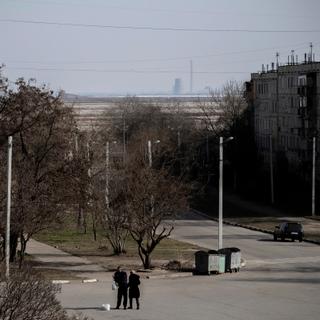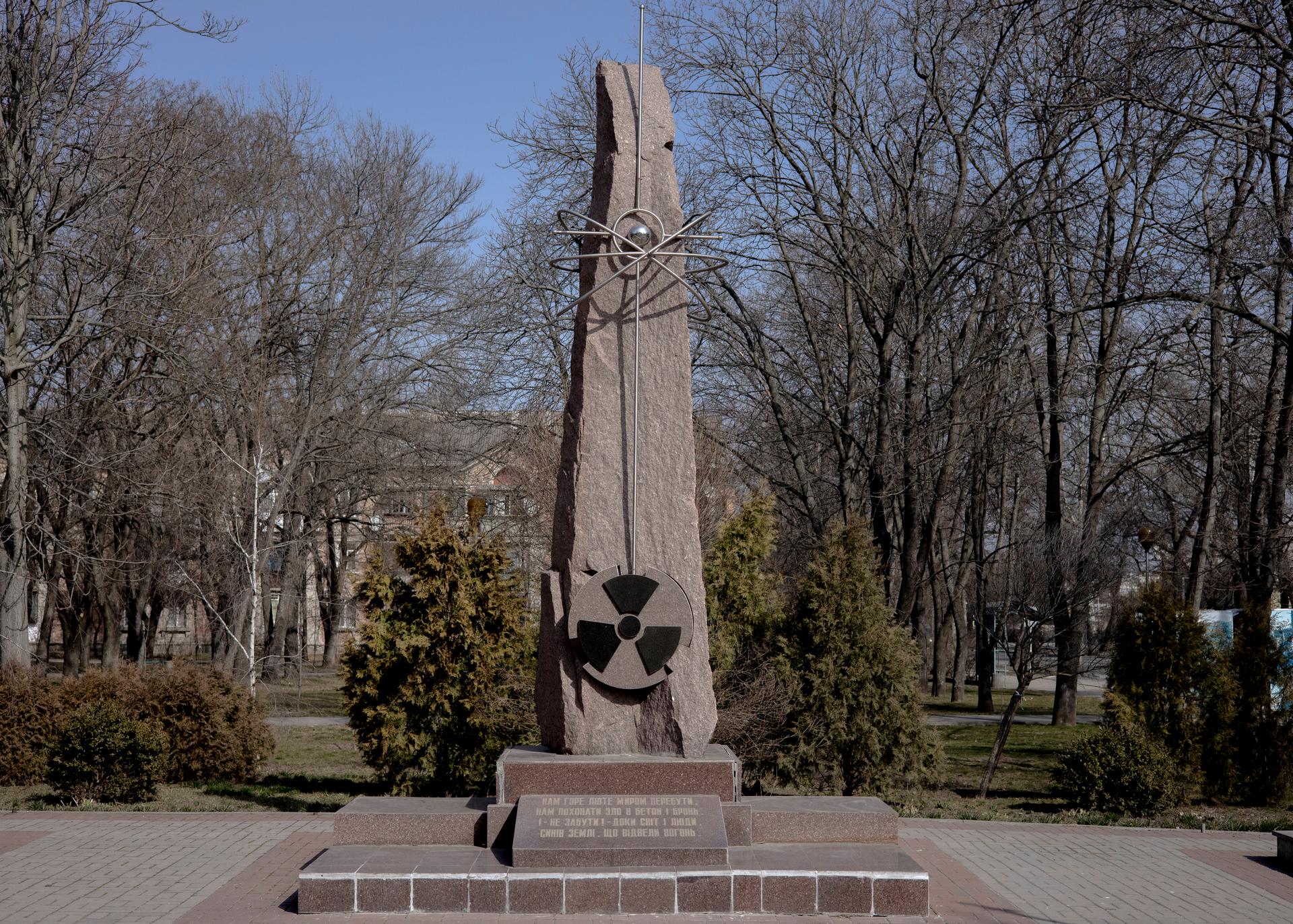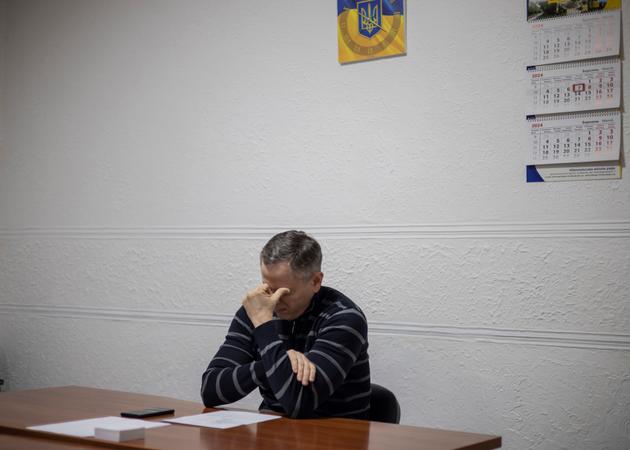


Safety of Europe's largest nuclear plant relies on cooperation between Ukrainians and Russians
FeatureDespite the war, Kyiv and Moscow are in conversation to maintain the Zaporizhzhia Nuclear Power Plant, now in occupied territory. The International Atomic Energy Agency has established itself as the sole interlocutor.
From the promenade built on the embankment lining the right bank of the Dnipro and protecting the lower town of Nikopol, in southern Ukraine, six reactors could be seen. They belong to the Zaporizhzhia Nuclear Power Plant, Europe's largest, and stand on the other side of the great river which is now half dried up. These giant reactors contain the most terrifying threat of all – the atom. They mark the front line of a war launched by Russia against Ukraine on February 24, 2022. The weeds along the path and the silence surrounding the reactors are reminders of the dread that hangs over the place.
As the sirens announcing Russian strikes anguished residents of Nikopol, a monument pointed out that 600 people were sent out in 1986 as liquidators after the explosion at the Chernobyl power plant. Irina, a 60-year-old grandmother, still thinks about the heavy toll. Waiting for a bus in a deserted square surrounded by ghostly buildings, she regretted that people feared the bombings more than the power plant. "They weren't worried until July 2023, when there were rumors that the Russians were going to blow it up," she said. "We were given iodine tablets and evacuation drills."


In the barricaded basement of the town hall, the town's mayor, Oleksandr Sayuk, put things into perspective. "We're bombed every day and half of Nikopol has left mainly because of this, because that's what people see. But if those in charge have any common sense, on both the Russian and Ukrainian sides, they should communicate together about the nuclear risk, because everyone could lose." Without hiding his weariness after two years on the front of a deadly conflict, he did not wish to elaborate on the subject.
A delicate diplomatic game
Behind the statements by Moscow and Kyiv, accusing each other of endangering the nuclear site, and the polite calls for restraint by Rafael Grossi, director of the International Atomic Energy Agency (IAEA), a delicate diplomatic game is being played out. The two hostile parties are forced to talk to each other about nuclear issues through direct and indirect channels. It is a case of force majeure, which has superseded the law of arms and the interests of each party. The security of the respective populations, and of Europe as a whole, is at stake.
It was thanks to these exchanges that Ukrainian technical teams were able to repair the only 330-kilovolt (kV) emergency external power supply line on March 14. It had disconnected after shelling. The issue was raised when Grossi met Vladimir Putin in Sochi on March 6. "Putin gave Grossi the go-ahead," said German Galushchenko, Ukraine's energy minister to Le Monde. "Then our military received information from the Russians enabling us to give our teams the green light to intervene safely on the damaged line."
You have 72.03% of this article left to read. The rest is for subscribers only.
